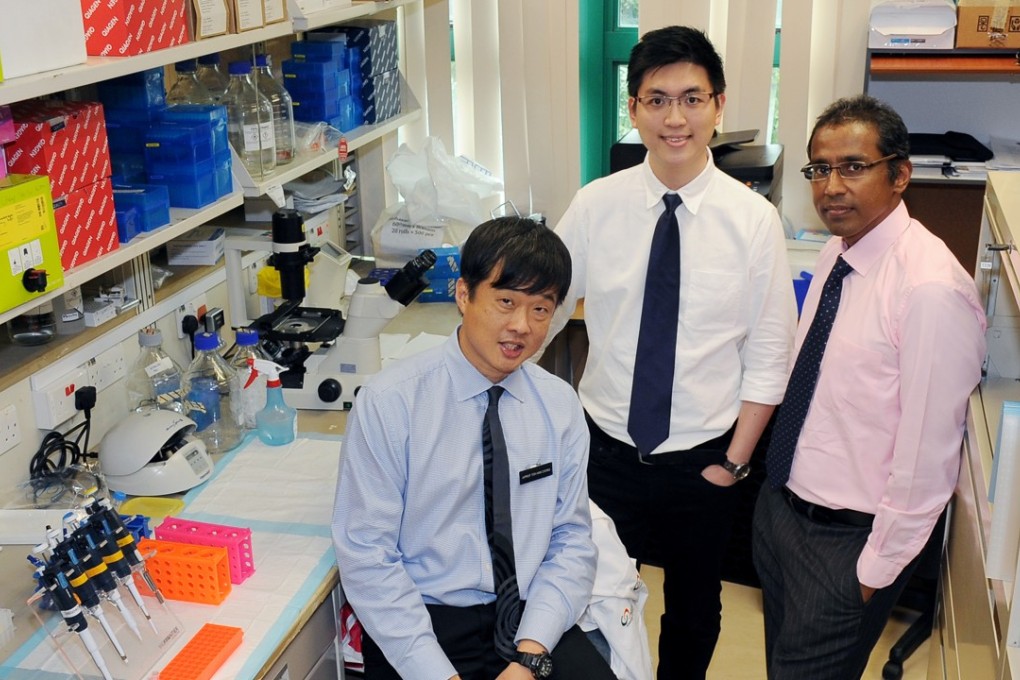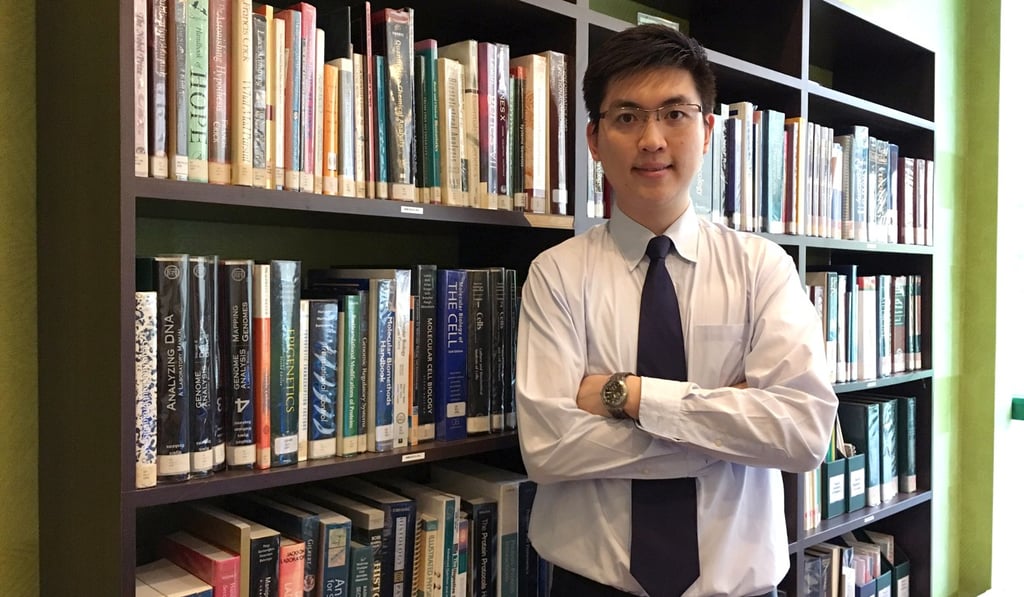Hong Kong scientist helps find missing gene key to liver cancer
Breakthrough hailed as 80 per cent of cases are in Asia

Liver cancer patients could be given more effective drugs in future after an international study involving a Hong Kong scientist discovered how a missing gene plays a key factor in the development of the disease.
More than 80 per cent of cases are in Asia and it is the third deadliest cancer in Hong Kong.
The research team, comprised of scientists from the National Cancer Centre Singapore and the Cleveland Clinic in the United States, linked the absence of the GATA4 gene to the growth of cancerous cells in patients.

While GATA4 was already known to be important to other organs such as the heart, Shuen said a clearer picture had now emerged about the role of the gene in maintaining a healthy liver. In experiments, mice whose GATA4 gene was removed developed fatty liver and later progressed into obesity and liver cancer.
HKU researchers’ new liver cancer system helps prolong patients’ lives
Of 55 liver cancer patients in Singapore tested by researchers, 24 had lost the gene. Shuen said researchers in the future would look into why this specific gene was missing in some people.
